CBS now has over 100 wellbeing ambassadors and some of them are dreaming of a food festival
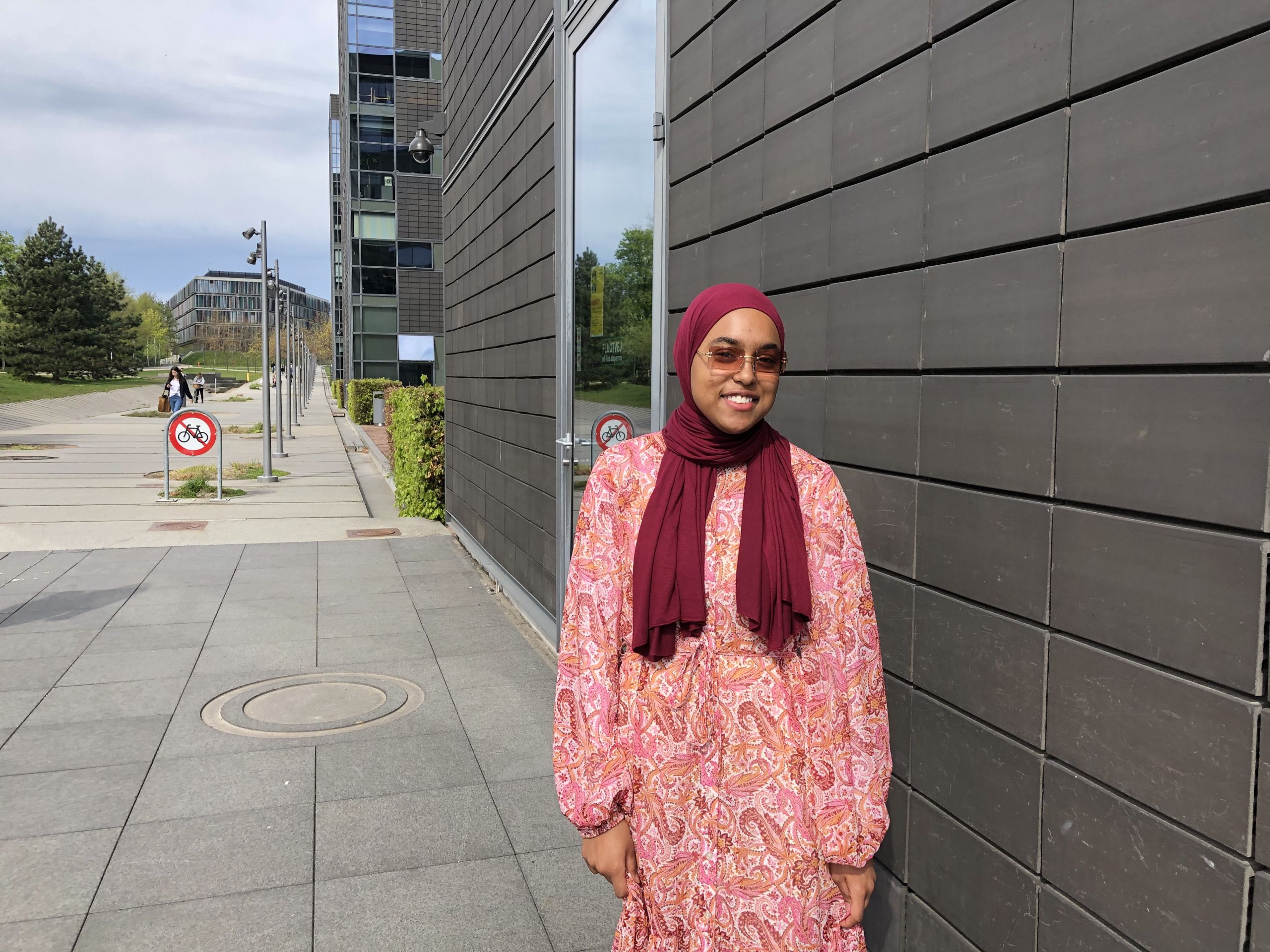
Thursday bars, 10,000-steps-a-day walks, ‘Follow Our Day’ on Instagram and cooking together. The wellbeing ambassadors are creating a lot of different activities – and perhaps a food festival will be next. CBS is buying footballs, bats and other equipment to help the ambassadors realize future events.
Back in February, CBS WIRE told the story about the new wellbeing ambassador project at CBS. The idea for the project was born when a HA Almen student proposed to Student Affairs that students from each class and study programs could initiate online activities and talks.
Student Affairs were excited about the idea, and shortly afterwards coined the term ‘wellbeing ambassador’ – a term implying that the ambassadors initiate activities that, in one way or another, would strengthen the community, the feeling of togetherness, and hopefully make students feel less lonely and demotivated.
Today, there are over 100 wellbeing ambassadors at CBS, and according to CBS Student Coach Mette Gøtterup-Tang, there is still room for more to sign up.
“We’ll welcome with open arms all students who want to join up. And as a matter of fact, we’re right now working on acquiring bats, footballs and other sorts of equipment to help the initiative to expand and thereby hopefully further enhance the students’ wellbeing,” she says.
And to take the pulse of the initiative so far, CBS WIRE has met two of the volunteer wellbeing ambassadors.
Mutual boosts
Among the over 100 ambassadors are Fatma Abdulghan Khamis, who is studying for her BSc in Business Administration and Information Systems (HA (it.)) and Christian Brandi Holum who is attending the BSc in Business Administration and Commercial Law (HA (jur.)) program.
When they first stumbled on the initiative, they were both intrigued by the opportunity to make a difference, not only for themselves, but also for their fellow students.
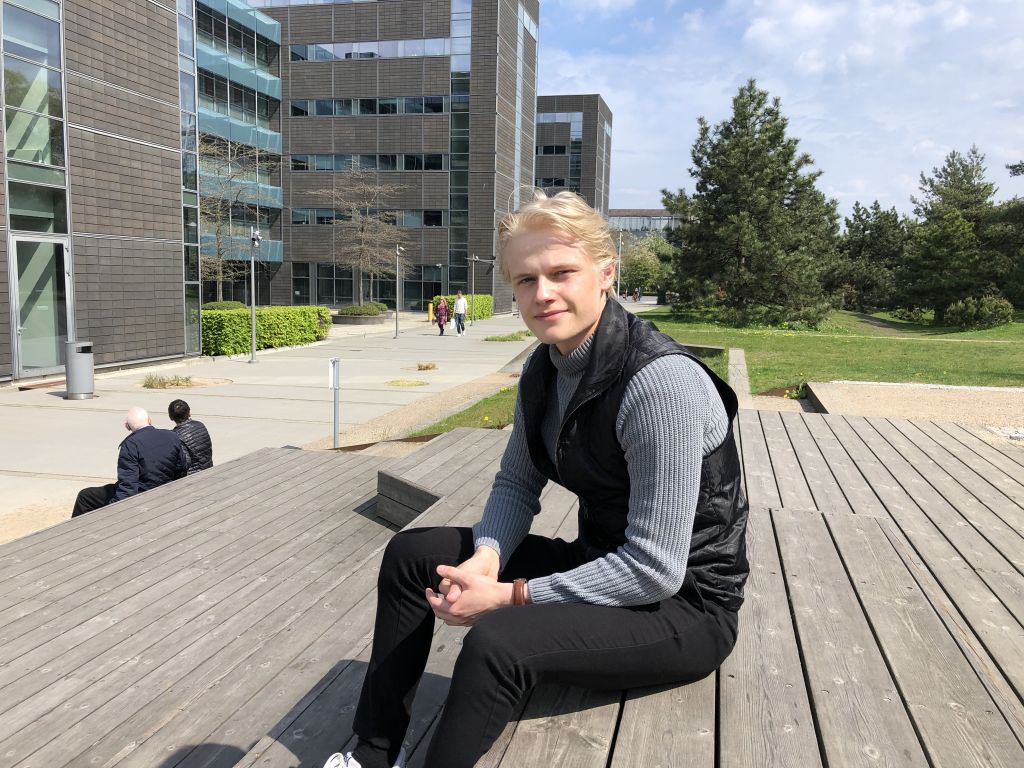
“We were all in the same boat and isolated at home with the potential of getting lonely or demotivated with our studies. Therefore, I thought that we could possibly give each other a mutual boost,” says Christian Brandi Holum. (Photo by Mette Koors)
“On the one hand, I wanted to become an ambassador because it was a chance to become part of something new and untested at CBS. On the other, we were all in the same boat and isolated at home with the potential of getting lonely or demotivated with our studies. Therefore, I thought that we could possibly give each other a mutual boost,” Christian Brandi Holum says and continues:
“But one of the main reasons I chose to join was because one of my co-students got so demotivated by the lack of the social parts of studying that he chose to drop out. That really made me want to do something to prevent others from doing the same.”
As for Fatma Abdulghan Khamis, the urge to act was also something that made her join the force of ambassadors.
“When I heard about the initiative, I was interested to become an ambassador because many of my fellow students from my class were experiencing a significant decline in motivation with their studies. Mainly due to the social limitations of the lockdown. At the same time, I was a bit worried about becoming demotivated myself at some point,” Fatma Abdulghan Khamis explains and goes on:
“Therefore, I thought to myself that if I could do something to help encouraging others, I might also help myself to remain motivated.”
Exercises, quizzes and cocktails
Fatma Abdulghan Khamis and Christian Brandi Holum have both been occupying their altruistic offices as wellbeing ambassadors since more or less the beginning. And since they volunteered, they have been behind a wide range of activities.
“The first event we came up with was an online Thursday bar. All the participants received a video conference link and were asked to have a drink prepared. Then we made online quizzes, played games and had a drink together, separately. And at one point, one of our teachers joined in! It was very cozy and fun,” Fatma Abdulghan Khamis says.
Since then, Fatma Abdulghan Khamis and her fellow wellbeing ambassadors have arranged several other events – like ‘Follow Our Day’ on Instagram, for instance, where the students took turns at depicting their daily lives during the lockdown to show others that they were not alone and that most students shared the same experiences during a challenging time.
However, not all the activities have been online. Fatma Abdulghan Khamis has also participated in luring students out into the open air and inside into pleasant-smelling kitchens.
“We’ve arranged fitness training and ‘10,000 steps a day’ walks in Frederiksberg Gardens. And a while ago we organized collective cooking where students, either online or physically, met up and cooked dishes together,” she says.
“And speaking of cooking, when we turn in our exam at the end of the semester, the rest of the well-being ambassador team and I are planning to make a food festival where all the students who are interested in joining can come to eat or help cook food. It will be awesome.”
While the social aspects color most of Fatma Abdulghan Khamis’ and her co-ambassadors’ events, Christian Brandi Holum finds it essential to include an academic angle as well.
“There’s no doubt that the social part is extremely central in all of this. But I think it’s important to remember academic wellbeing. Just as we’re able to boost each other on a human level, I believe that we can also empower each other professionally by learning together,” he says and goes on:
“Therefore, we’ve been working on a Kahoot quiz where we can practice online and get better at our courses together.”
Though, Christian Brandi Holum admits that books, business terms and assignments are not everything.
“Since the beginning, we’ve been having continuous running events, where students compete in different running challenges with the possibility of winning different sponsored prizes. At my course, there are a lot of runners and we like to compete, so that has been fun,” he says.
Positive reactions and hard work
According to Fatma Abdulghan Khamis, the reception from the students who have participated in the different events has been positive – especially concerning the physical activities.
“To begin with, when everything was completely shut down and we had to isolate ourselves at home, the students were excited about the online events we made. Most of us had not seen each other for a long time, so even though being together was restricted to a computer screen, people were very happy just to see each other again,” she says and goes on:
“However, as Denmark slowly reopened, we were able to arrange physical activities. And that was when it really became clear how much it meant for the students, and their study motivation, to be close to each other.”
As for Christian Brandi Holum and his team of ambassadors, the reception of the running events has been generally positive as well. But, as he points out, they cannot yet relax and enjoy the fruits of their wellbeing work.
“I think it’s very important that we keep holding on to the students with the events and activities we arrange. At least, that has been very important to us. Because for some of the other ambassador teams I’ve heard of, it has been tricky to actually get people to attend the events they sign up for,” he says.
“Therefore, we’re focusing clearly on making our events as challenging, motivating and interesting as possible. And along with that, it’s important that the students feel comfortable – that’s completely fundamental for them having a positive experience. And if we continue to focus on that, I believe our activities will continue to be successful in the future.”
“It whets my appetite”
One of the mottos of the well-being ambassadors’ initiative is: helping others can be the best thing you end up doing for yourself.
And if you ask the two experienced ambassadors, that is definitely the case.
“Besides the fact that by motivating others you also motivate yourself, I’ve learned a lot about having responsibility for other people. And managing to live up to that has really made me feel better about myself. So, in a sense, there’s a lot of wellbeing to gain as a wellbeing ambassador,” Fatma Abdulghan Khamis says.
Christian Brandi Holum also feels that giving something to others also gives him something in return.
“I feel that I get a lot back from being an ambassador. Both on personal and social levels. Usually, I’m actually quite an introverted person. But by creating and attending our events, I get to meet a lot of new people, which is a very instructive experience for me,” he says and continues:
“It whets my appetite for engaging in other things in the future. It’s great!”
Rebooting study start
The well-being ambassador project was initially founded to strengthen the feeling of togetherness at a time when students could be feeling lonely and demotivated due to the lockdown.
Now, however, as most of the country has reopened, students are finally able to get away from their study desks at home and join their fellow students outside.
But that does not mean the initiative has completed its mission – actually, it has only just begun, according to Student Coach Mette Gøtterup-Tang.
“No matter the circumstances, the wellbeing of our students is always important. A huge part of students’ wellbeing is based on their social interactions with each other. The wellbeing ambassador project provides the framework for such social interactions, and therefore CBS will continue to support the volunteers and the students attending the activities as much as we can,” she says and continues:
“COVID-19 has limited the students’ contact areas, and many of the students only know each other from interactions via the computer screen. But with the wellbeing ambassador events, we’re suddenly able to make the students connect in other settings than Teams and the like. And we know that the students badly need that.”
And according to Mette Gøtterup-Tang, that is why CBS is currently working on finding solutions for how to reboot study start for all students.
One solution will be realized in the autumn semester.
“At the moment we’re figuring out which role the wellbeing ambassadors are going to play in that solution. Because for us, continuing to secure the wellbeing of the students is top priority,” she says.



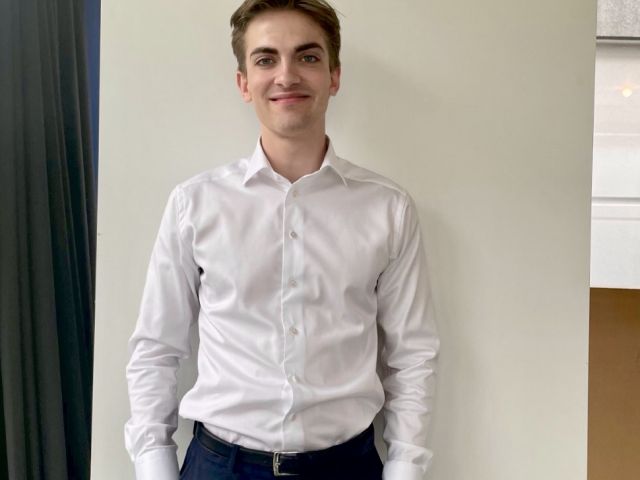
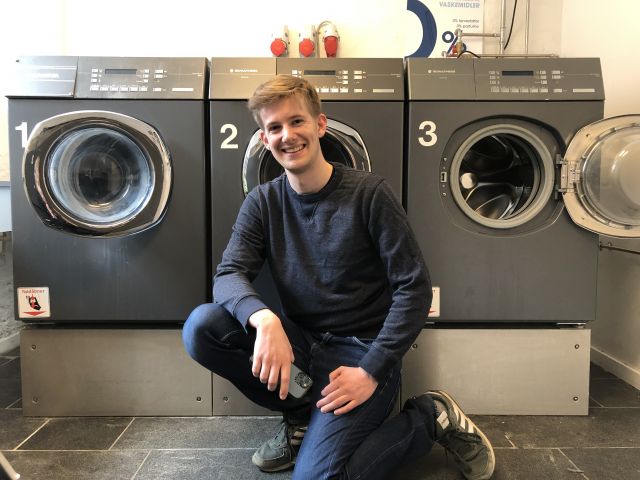
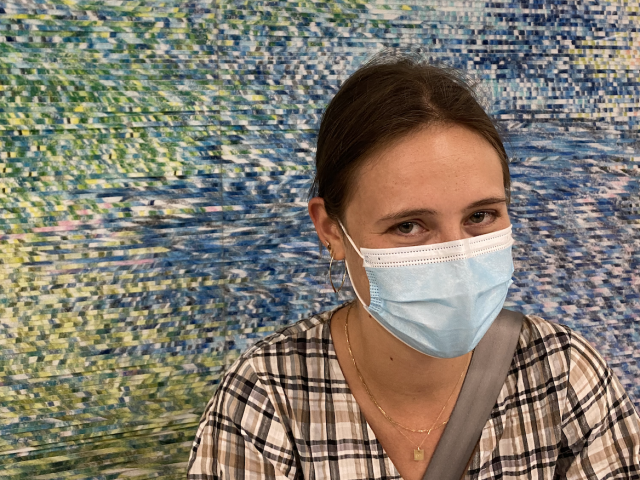
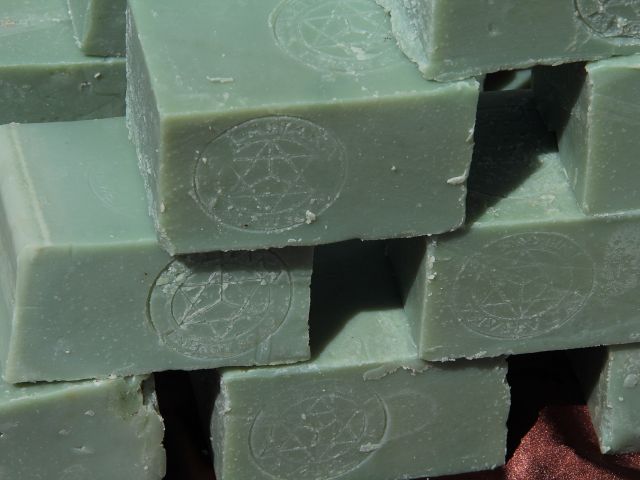
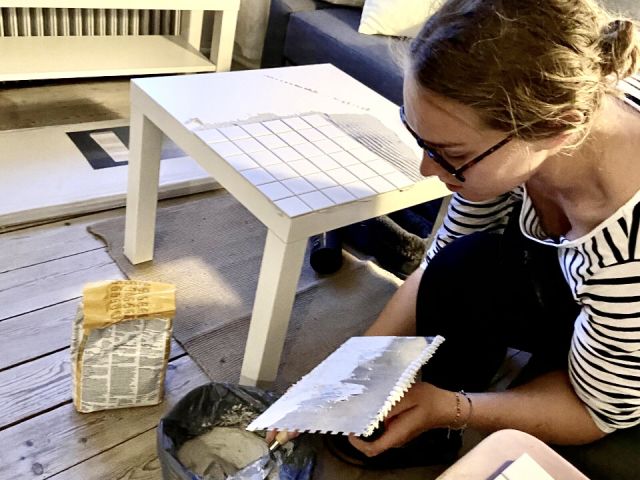


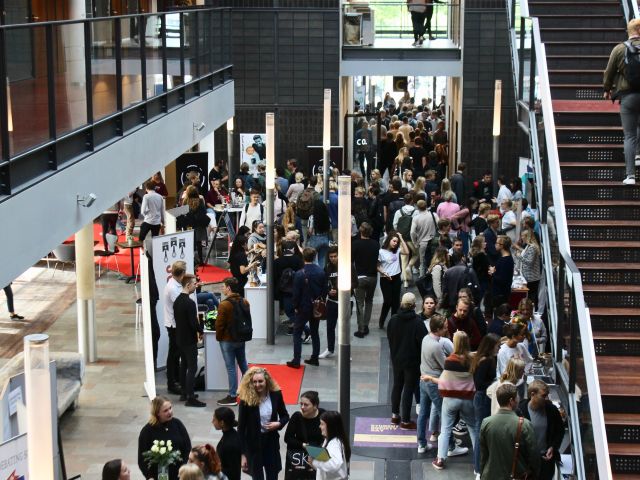




























































































































Comments